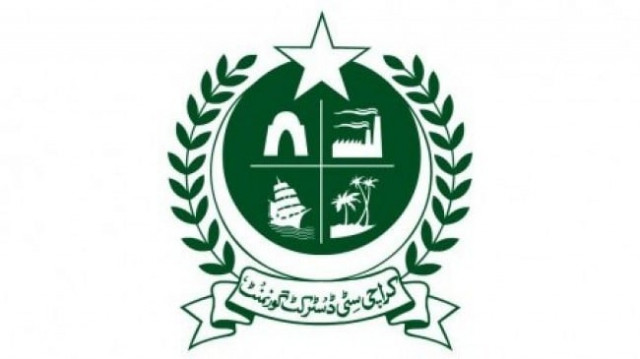Curious consensus: A decade on, DCs set for a ‘magisterial’ comeback
Formal approval expected tomorrow at inter-provincial coordination committee meeting.

Formal approval expected tomorrow at inter-provincial coordination committee meeting.
In 2001, the introduction of local governance by the Pervez Musharraf-led government abolished the commissionerate system. However, the position of DCs and commissioners were restored in 2010 but their quasi-judicial were not provided, resulting in withdrawal of their powers to check price lists, visit markets or impose penalties on violators of consumer laws.
A meeting of inter-provincial coordination (IPC) committee has been called in Islamabad for January 3 (tomorrow) where the provincial chief ministers will submit their final proposals to revive the powers. The meeting will be presided over by the federal IPC minister while the four chief ministers and the ministers concerned would attend it.
At a meeting at Chief Minister House on Tuesday, Sindh chief minister Qaim Ali Shah was briefed about the proposals seeking extra powers for DCs. “As all provincial governments have now agreed to undo the changes, I think the meeting [in Islamabad] would give its final thought before reviving the powers through legislation,” Sindh IPC secretary, Kaleem Lashari, told The Express Tribune.

Not only the magisterial powers would be returned to the commissioners, the Sindh government has also proposed to empower them with preventive laws, he added.
Earlier, DCs and first class magistrates also had the powers to arrest suspected troublemakers under sections 107 and 109 of the CrPC.
“We would recommend reviving the DCs’ authority to take precautionary measures under the law,” Lashari said. The Punjab government has already proposed the revision in law and now Sindh would endorse it.
Another issue discussed at the meeting related to the power utility companies, which are, said to be, charging exorbitant electricity bills from government institutions. The government claims the Karachi Electric Supply Company (KESC) and Water and Power Development Authority (Wapda) are charging commercial tariffs from the Karachi Water and Sewerage Board (KWSB), Hyderabad Development Authority (HDA) and other water and sanitation agencies of the province.
“We have proposed that power utility companies charge these services providers at the power rate given to the agriculture sector,” Lashari said.
The meeting reviewed the issues and problems in connection with the forthcoming inter-provincial coordination committee, according to a handout released by the Chief Minister House.
Matters related to the restoration of executive magistracy; promulgation of Industrial Relations Ordinance, 2011, and the minutes of the Public Accounts Committee meeting on realisation of domestic electricity tariff to strengthen local bodies were also discussed.
The tariff of drinking water; permission to export wheat; non-acceptance of token taxes; exemption from tax on employees’ social security and streamlining contract employees of population welfare department came under discussion at the meeting at the Chief Minister House.
“The interests of Sindh will be properly taken care of, for which a strategy has been evolved for the IPC committee meeting,” the chief minister’s spokesperson said quoting Qaim Ali Shah.
Published in The Express Tribune, January 2nd, 2013.



















COMMENTS
Comments are moderated and generally will be posted if they are on-topic and not abusive.
For more information, please see our Comments FAQ